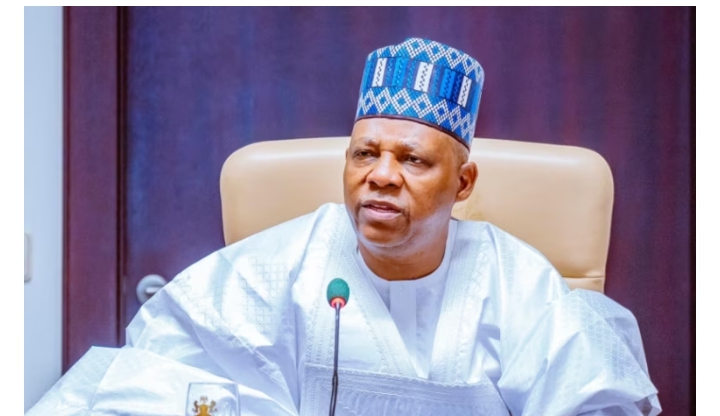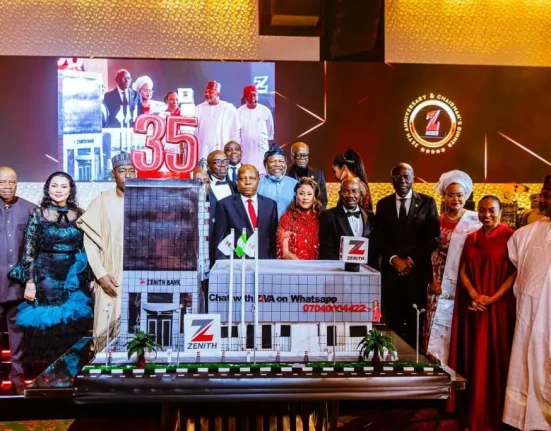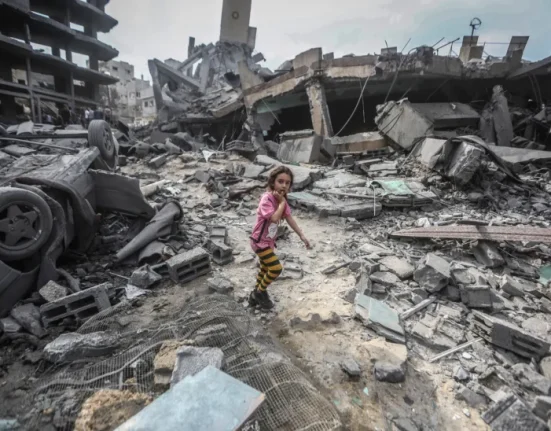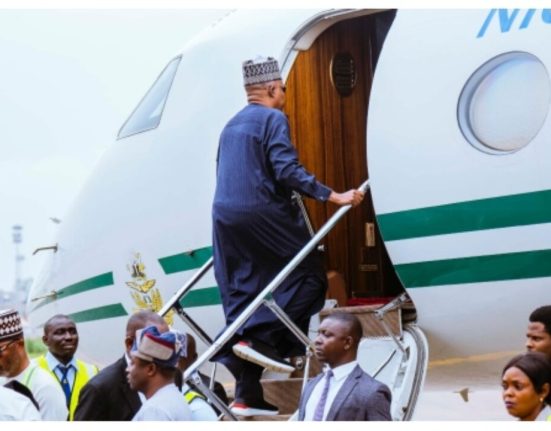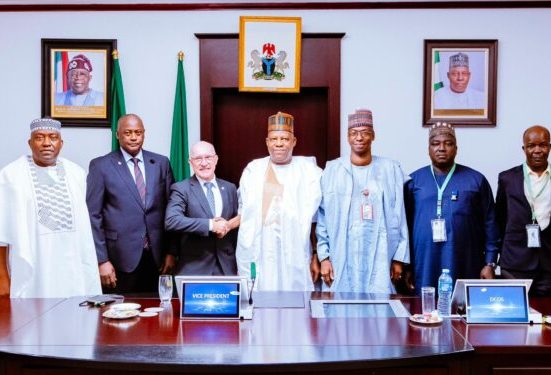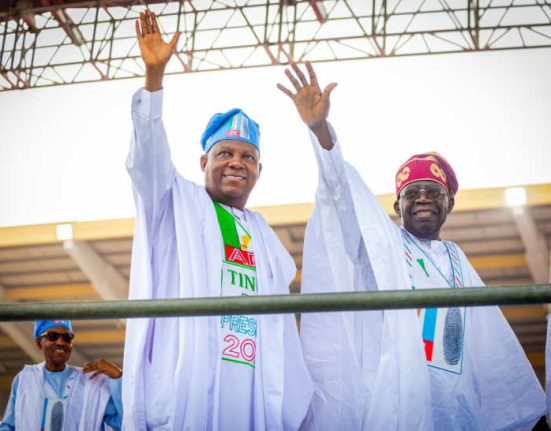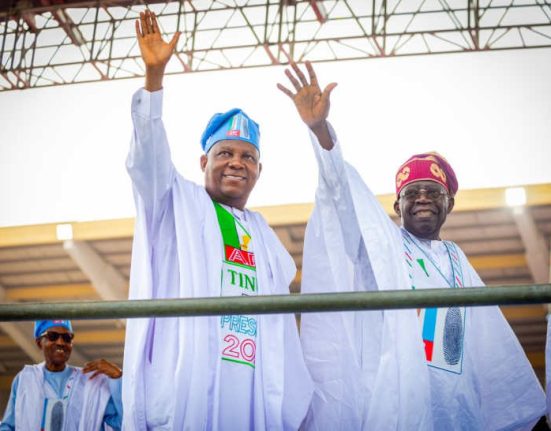Vice President Kashim Shettima is set to visit Plateau State today, Monday, following a fresh wave of coordinated attacks in Bokkos and Bassa communities that have left over 100 dead in recent weeks, according to federal officials. The visit, directed by President Bola Tinubu, aims to convene stakeholders and bolster security measures in a bid to halt the escalating violence.
Shettima’s arrival comes days after Defence Minister Mohammed Badaru and Humanitarian Affairs Minister Nentawe Yilwatda toured affected areas, pledging federal support for victims and vowing to apprehend perpetrators. Badaru assured residents that security agencies are actively investigating the killings, stating, “We are on the trail of the perpetrators, and by God’s grace, they will face justice”. Yilwatda added that the federal government has initiated relief programs for widows and displaced families, with further aid planned to mitigate the humanitarian crisis.
However, former Defence Minister Theophilus Danjuma, speaking in Taraba State, issued a stark warning, urging citizens to arm themselves against armed groups. “Nigerians must rise and defend themselves before these bandits overrun the entire country,” Danjuma declared, echoing his controversial 2018 call for self-defence. He condemned the government’s failure to protect citizens, describing the Plateau and Benue killings as evidence of systemic security lapses.
The Plateau Youth Council’s Northern Zone Coordinator, Samson Chiroma, rejected official narratives framing the violence as “communal clashes,” labeling the attacks genocidal. “These are systematic attempts to displace our people and sabotage farming activities at the start of the wet season,” Chiroma asserted, accusing Fulani militias of orchestrating the bloodshed. He criticized federal authorities for downplaying the crisis and demanded immediate reinforcement of Operation Rainbow, the state’s security outfit, through increased funding and personnel.
Shettima’s visit follows his recent appeal for national unity against poverty, which he termed Nigeria’s “real enemy.” During a security workshop in Abuja last week, he lamented the Plateau killings as a “national tragedy,” urging citizens to “embrace peace and solidarity”. Yet, with communities increasingly skeptical of government assurances, Danjuma’s self-defence call and Chiroma’s accusations of federal complacency underscore deepening tensions over the state’s handling of the crisis.
As federal officials promise justice and relief, Plateau residents remain caught between escalating violence and fading trust in institutional responses, with youth leaders warning that “patience is wearing thin” amid calls for grassroots resistance.

